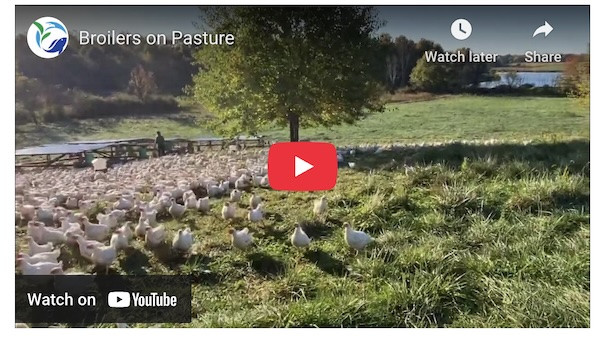The Cycle of Honor at Our Farm
posted on
March 27, 2023
Ever since I was a kid, I’ve had an affinity toward animals. Before I was five years old, I remember feeding fresh worms to the baby robins living above our apartment balcony. When I was eight, we moved to the land where ZOE Farms exists today. Shortly thereafter, I had a horse of my own. By the time I was ten, we not only had three of our own horses, but we boarded other people’s. I have raised llamas, bunnies, raccoons – you name it. By the time I was fifteen, we had livestock. Buffalo to be precise – and lots of them.
My experience raising buffalo formed the foundation of my ideas on livestock management. At the time, I was young, highly impressionable and very ambitious. By the time I was 23, I was the chairman of one of the largest buffalo auctions east of the Mississippi. I was doing business all over the country and was exposed to many different ranchers and their methodologies.
Buffalo are very wild, very large and very fast moving animals. Working with them can be extremely dangerous. Early in my career, I witnessed two, distinctly different schools of thought when it came to working with these beasts. The first was brute force. We can build a system of corals tall enough and strong enough to simply force them to do what we desired. The second method was the complete opposite, and I learned it from this old-fashioned, sun-weathered rancher one afternoon when we were handling a herd together.
I was yelling, running around and waving my hands. I was practicing the brute "force method" like I had been taught. After a while of my non-productive antics, he motioned for me to come over to him. I was pumped with adrenaline, sweating and out of breath. He paused for a long moment, then quietly said, “son, you’ll only get that bull to go where he wants to go. Now, shut your mouth and stop running around. Listen and wait for him. Help him to see the options he has and let him choose what he wants.”From that day forward, handling livestock was never the same for me. Today, that simple lesson forms the foundation of our entire production system at ZOE Farms.
The “brute force” methodology of food production is on perfect display at a CAFO (Confined Animal Feed Operation). This is how over 95% of us Americans get our meat and dairy. We take a chicken, pig, cow, etc. and we set up systems that force these animals to do what we want them to do -- produce meat. Essentially, it’s a prison mentality with a focus on control and domination. They are animals, we are people. If we can stuff 50,000 cattle in a feedlot to maximize efficiency, we will. The only value in these animals’ lives is measured by spreadsheets of average daily gains, feed efficiency ratios and carcass yield.
When that old-fashioned buffalo man schooled me that day in the corals, he didn’t just give me a better way to handle livestock. He changed the entire lens through which I view food production. As a result, we do not use dominance and control. Our focus is on honor and respect. We start by asking two simple questions – “what do our animals want, and how do we provide it?”. Let me clarify that for a second. I do not hear my chickens talk to me. I may be a full-fledged hippy-dippy tree-hugger whacko fringe farmer… but even I have lines I don’t cross! The point is – a pig is a pig. He roots in the dirt to find nuts, tubers and grubs. He rolls in the mud and lays in the sun. He eats a lot and gets fat. A chicken is a chicken. She scratches and pecks for bugs and seeds. She explores and scavenges. She nests and lays eggs.
We humans are smart, clever creatures. Our function in this honor-based system is to use our big brains and sophisticated tools to provide the right environment for pigs to be pigs and chickens to be chickens. Before we all start singing cosmic koombaya around the campfire together, let me be clear; we pay close attention to the financial aspects of a farm operation! Here's how: A happy hen that gets a full day of sunshine puts more vitamin D into her eggs. She is free to balance out her diet with fresh forage and bugs. This means she is resilient to the common chicken problems, which means she does not need costly, toxic pharmaceuticals. A healthy hen lays a healthy, amazing-tasting egg about every day! People have told us that our eggs are the best they have ever eaten, and they pay well for them. Money is the by-product, not the goal.
This is the outcome of an honor-based system. We honor our animals by giving them the best life we know how to. We jokingly, but also very seriously tell every visitor to our farm – “Our critters have an incredible life here. They only have one bad day… and they never remember it”. On that one day, they honor us by giving us their life. And thus the cycle of honor is able to be repeated.



